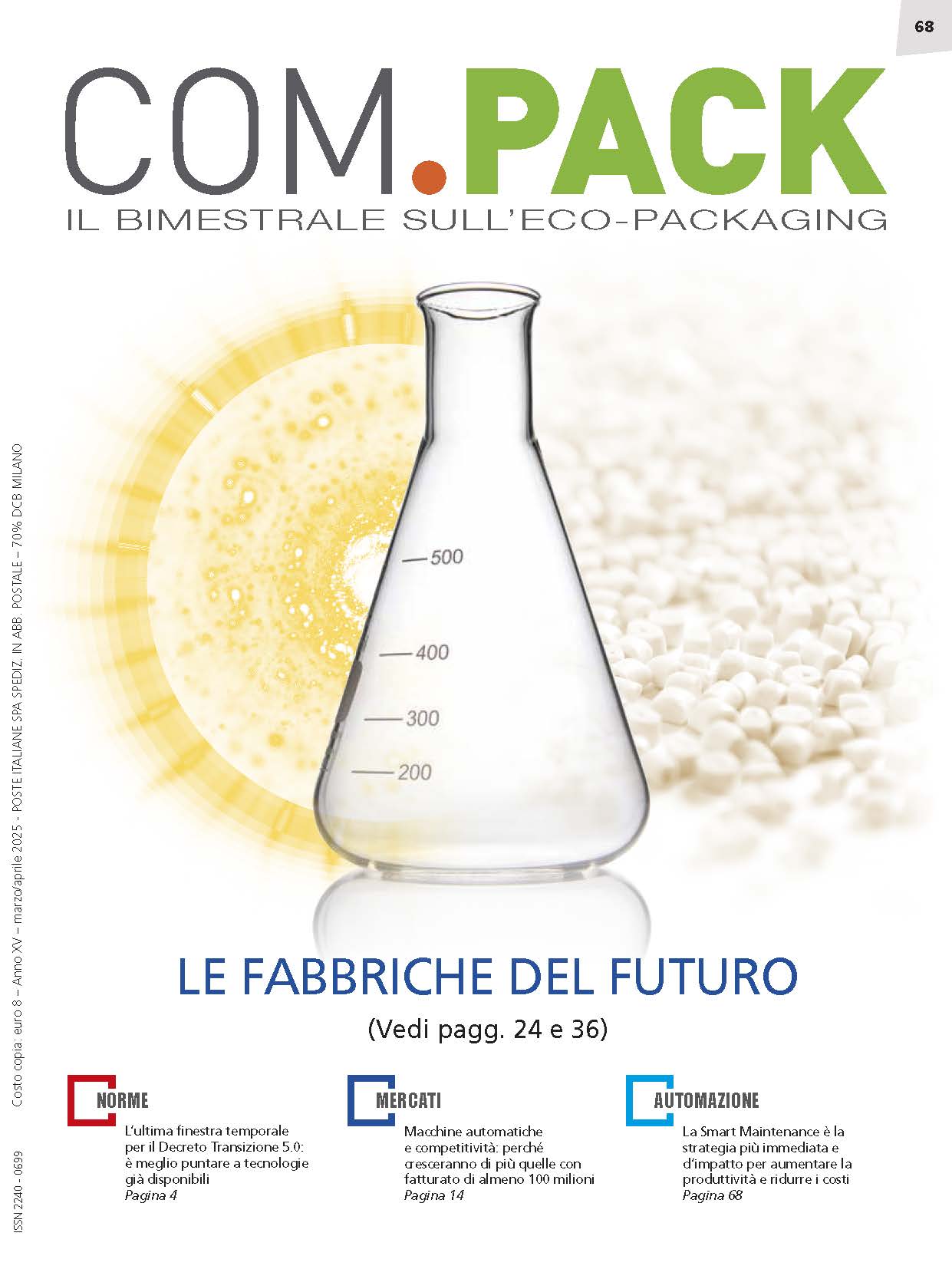Our concept of international business and trade has radically evolved since its initial inception. Despite trade and business being in its infancy during the medieval times (within the context of modern business), certain laws and rules can be seen still in effect, or at least its core principles such as lex mercatoria (commercial law used by merchants, pre-dominantly in Europe). The importance of a coherent system of laws and rules transcends an over-simplified concept of “good and bad” and “right and wrong” but provides a society with predictability, security and guidance – without it, chaos will surely ensue. However, even with effective and well-drafted laws, **people and firms may violate them, or within the context of this article, breach contracts. Resolving disputes efficiently becomes a key concern for businesses, especially international/multinational enterprises. **
Traditionally, disputes have been resolved through litigation (although settlement through negotiation, mediation and conciliation is also an option), where two parties go to the national court to resolve their issues. The national courts have the power of police and various other measures to ensure compliance with their orders and judgments such as freezing assets etc. However, herein lies the limitation of national courts. Due to principles of international law and state sovereignty, a judgement made in one country cannot be applied extra-territorially towards another country, it may only be used as a persuasive tool but fundamentally each legal system is its own autonomous entity.
Everyday we are faced with items that have a whole history and transit. Look around, think about all the items, materials and gadgets you can see. You may have bought them in your local city, or more likely ordered it online considering the current global pandemic, you will notice that many items have gone through different processes in a multitude of different countries (with their own legal system), to finally arrive at your doorstep. Global supply chain, globalisation, efficiency, reducing transaction costs – this is modern international business. The finished product may well have gone through different stages in different countries. Modern business is a web, a nexus of connections so complex that it often cannot be tied to a singular point (or country). **We have different tools to help determine which point of origin, or closest connection, a business may be tied to but this is often a matter that can become quite convoluted requiring principles of Private International Law to help determine this. **
With such complexity, litigating in national courts has its limitations since firms can opportunely locate assets (or Headquarters) in countries that have more favourable laws and policies. Resolving disputes efficiently both in terms of flexibility, party autonomy and scope, International Commercial Arbitration (ICA) does appear to be the White Knight for dispute resolution. Firms can, and often do, include an arbitration clause that stipulates that the parties to the contract agree to have all disputes resolved by ICA. That is not all. Firms must, and do have, flexibility to determine which laws apply to their contracts irrespective of where they are located, or where they conduct their business. They can select the procedural law, lex arbitri¸ as to how the ICA proceedings will take place and they can also select the substantive law that will be applied to the contract. The substantive law will determine the case on its merits e.g. determine whether there has been a breach of contract.
To take this a step further, there are various arbitration institutions that will hear cases and often have their own individual arbitration rules. Arbitration rules are different from procedural laws. The rules go into significant greater detail than procedural laws at the national level and can provide for more transparency, however, should there be a conflict with a rule set within an arbitral institution and the selected procedural law, then the procedural law will take precedence. The flexibility ICA provides in comparison with litigation is incomparable, more importantly, ICA derives its power and validity through international treaty law specifically “The 1958 Convention on the Recognition and Enforcement of Foreign Arbitral Awards” (aka “The New York Convention”). It has been signed in over 160 countries. This means that an award issued by the arbitral tribunal is legally binding in over 160 countries, assuming the award does not breach one of the exceptions for enforcement or is not challenged successfully.
When considering the nature of modern business and its complex nature, ICA gains the scope to cover the whole “web” preventing firms (in principle that is) from utilising discrepancies within national law to strategically locate assets. The scope of ICA far exceeds traditional litigation, and is usually cheaper, even though, the costs are increasing now, and some claim it is becoming more akin to litigation in terms of its structure. Alas, ICA is not all powerful, despite it being an impressive creature not tied to any particular place (especially when delocalisation occurs) and having greater scope than litigation, its strength can also be its own flaw – lacking the power of national courts. What happens when a firm chooses not to comply with an arbitral award? The tribunal does not have power of police, it cannot freeze assets it does not have jurisdiction to order these, or at least, it does not have the power to enforce them. Therefore, what can be done?
The New York Convention makes it legally binding to enforce valid arbitral awards, therefore, the party seeking to enforce the award must select where to enforce the awards. Thus, firms will need to consider some factors such as: 1) how arbitration friendly is the country in which they are seeking to enforce the award, e.g., do they often enforce foreign arbitral awards or are they set aside often due to “public interest/policy”? 2) where are the majority of the assets located?. These are some key questions firms must consider before selecting which courts/countries to enforce their awards. ICA is only effective to the extent parties comply with the award and the extent to which courts enforce arbitral awards. Conceptually, ICA provides the basis to bypass national legal systems, but it is very much dependent on how arbitration friendly a country is. As you can see, strategic location of assets can still be exploited in some situations. Laws are periodically being developed and improved to increase arbitration friendliness, however, not all countries are at the same level.
The United National Commission on International Trade Law (UNCITRAL) has provided model laws (with amendments made in 2006) and rules that help provide a template for ideal arbitration laws. Many countries have adopted these rules either in principle or verbatim in some instances. It also provides parties another arbitration option i.e., to go through ad hoc arbitration (instead of institutional arbitration) where firms will not follow the rules set by an arbitration institution but can select their own laws and rules. Often based or extracted from the UNCITRAL model laws and rules.
Arbitration is a very interesting and vast field that is difficult to condense in such a short article, but the author hopes that this provides for an interesting general appreciation and understanding of the importance and potential effectiveness of ICA. With business being globalised, it has become an intricate nexus of contracts and naturally the law needs to evolve to contain and safeguard this beast. Litigation and ICA both have their role in modern business, but each comes with its set of limitations. Future articles will delve into more of the minutia of ICA and Investment Arbitration, both require an understanding to fully capture the power of modern international arbitration.
Davide D’Aleo, PhD Researcher at the University of Liverpool; main topics are international arbitration impacts on FDI (Foreign Direct Investment) and firm performance, arbitration friendliness.




















